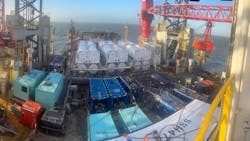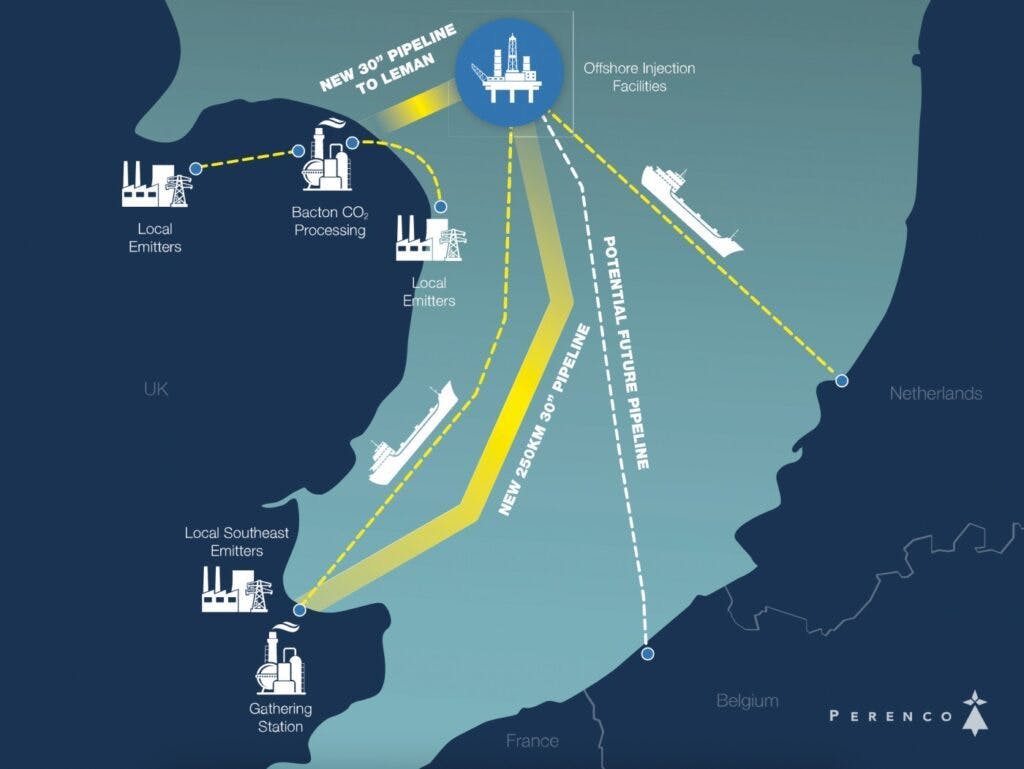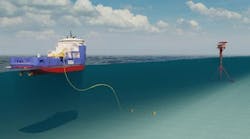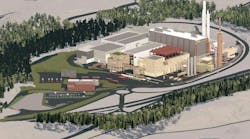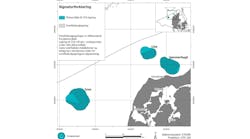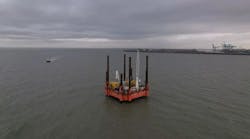CO2 injection test underway in UK North Sea
Perenco UK and its partners have initiated the first CO2 injection test for their Poseidon Carbon Capture and Storage (CCS) project in the UK southern North Sea.
Injection is taking place from the Petrodec's Erda rig into a depleted natural gas reservoir. Results will provide data to support R&D for permanent geological storage of CO2.
Erda is said to be the first rig with an approved safety case for CO2 injection support in the UK.
Preparations for the program included a workover of the well, a former gas producer, and the design of a new completion system for the test.
It follows the award of a carbon storage license by the UK’s North Sea Transition Authority (NSTA) covering the Leman gas field. Other partners in Poseidon are Carbon Catalyst and Harbour Energy.
For the operations phase, which is starting in 2029, they plan an initial injection capacity of 1.5 MMt/year, rising to ~10MMt/yrpa by 2034, and with further geological potential to peak after a 40-year period at 40 MMt/year.
Go-ahead for the injection test followed the UK government’s commitment of about £22 billion ($27.37 billion) of funding for CCS.
According to Perenco, Leman is the UK’s largest reservoir complex with a combination of depleted gas reservoirs and saline aquifers suited to permanent storage of CO2. Its ultimate storage capacity, using the BC9 aquifer and the various depleted reservoirs, could be ~1,000 t.
The field is connected to the Perenco-operated Bacton Terminal on the Norfolk coast.
Last year the NSTA issued its largest financial penalty to date for a venting breach. Perenco UK was ordered to pay £225,000 ($282,000) for venting 59 metric tons of gas for over a month without consent from its gas processing plant in Dimlington on the East Yorkshire coast in eastern England. The facility receives production from various gas fields in the southern North Sea, as does Perenco’s Bacton terminal in Norfolk.
Latest offshore CO2 project updates
About the Author
Jeremy Beckman
Editor, Europe
Jeremy Beckman has been Editor Europe, Offshore since 1992. Prior to joining Offshore he was a freelance journalist for eight years, working for a variety of electronics, computing and scientific journals in the UK. He regularly writes news columns on trends and events both in the NW Europe offshore region and globally. He also writes features on developments and technology in exploration and production.
